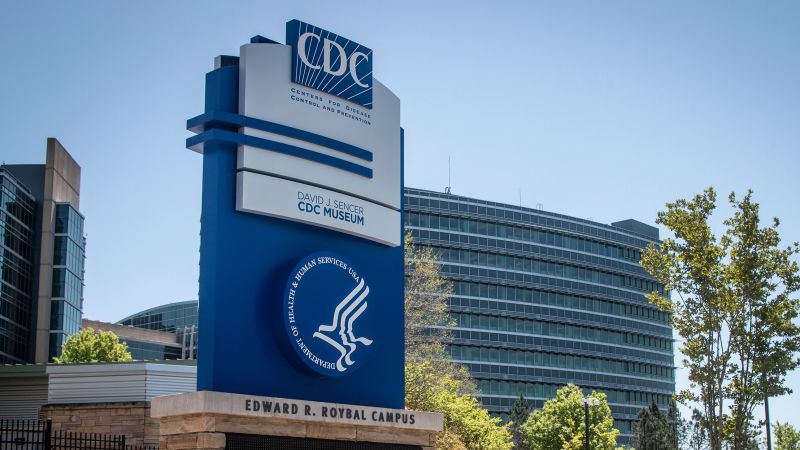A former leader of the anti-vaccine group Children’s Health Defense will present this week on thimerosal in flu vaccines at a meeting of the newly appointed vaccine advisers to the US Centers for Disease Control and Prevention, according to a CDC official with knowledge of the decision who wasn’t authorized to reveal the information.
The presenter, Lyn Redwood, is a nurse practitioner with experience in pediatrics and family medicine, according to a bio posted on Children’s Health Defense’s website, which notes she is president emerita of the organization. She previously served as president of the World Mercury Project in 2016, which “expanded its mission” two years later to become Children’s Health Defense, which was founded by US Health and Human Services Secretary Robert F. Kennedy Jr.
Thimerosal is a preservative used in vaccines to prevent microbial growth, but it was removed from most shots decades ago because of concerns that it contains a form of mercury. Subsequent studies showed thimerosal – which contains ethylmercury, a form that’s cleared from the body much more quickly than methylmercury, the kind found in some fish – wasn’t linked to neurodevelopmental issues, including autism. Nonetheless, it became a key focus of groups, like Children’s Health Defense, that argue vaccines are linked to autism.
The addition of a discussion and vote at this week’s meeting on thimerosal in flu vaccines — it’s still included in some multidose vial forms — led to concerns from the public health community that those debunked links would be brought up again, after Kennedy dismissed all 17 former members of the Advisory Committee on Immunization Practices and replaced them with eight new members. Two of the new members served as expert witnesses in trials against vaccine makers, and a third claims, against evidence, that Covid-19 vaccines contributed to the deaths of young people.
Most flu vaccines given to children now come in single-dose vials or pre-filled syringes which don’t contain thimerosal. Some multi-dose vials, which account for about 4% of the flu vaccines given in the US, still contain it.
Experts said they found the inclusion of the topic on the ACIP agenda puzzling.
“I actually don’t know any pediatric practices that even use that multi-dose influenza vaccine anyway,” said Dr. Sean O’Leary, a pediatrician at Children’s Hospital Colorado and liaison to ACIP for the American Academy of Pediatrics.
Redwood’s scheduled presentation to the CDC vaccine advisory committee is unusual. Typically, presenters are members of the ACIP working groups who have spent months gathering and discussing evidence on a given topic. The vote on thimerosal was added days ago and it’s not clear what the discussion and vote on thimerosal in flu vaccines will entail.
Reached by phone, Redwood declined to comment about her upcoming presentation.
Redwood’s history with vaccines appears thoroughly intertwined with concerns about the safety of thimerosal and ties to neurodevelopmental disorders including autism, which multiple studies have since determined are not linked. In 1999, Children’s Health Defense notes, Redwood “calculated that her son had received 125 times the EPA Federal Safety guidelines for safe mercury exposure from his infant vaccines resulting in a diagnosis of autism.” Redwood has since coauthored papers and testified before Congress about the issue.
Redwood is among the “mercury moms” who pushed for Kennedy to get involved with mercury and children’s health. Children’s Health Defense, which describes its mission as “ending childhood health epidemics by eliminating toxic exposures,” recently held an event called “the Autism Cover-Up,” billed as an expose of a coverup by the CDC, US Food and Drug Administration and others of a link between vaccines and autism. Redwood was a speaker about thimerosal.
The CDC says data from multiple studies “show no evidence of harm caused by the low doses of thimerosal in vaccines.” Nonetheless, the use of thimerosal in vaccines has declined significantly since the US Food and Drug Administration in 1999 asked vaccine manufacturers to detail plans to remove it. The FDA now says “all vaccines routinely recommended for children 6 years of age and younger in the U.S. are available in formulations that do not contain thimerosal.”

